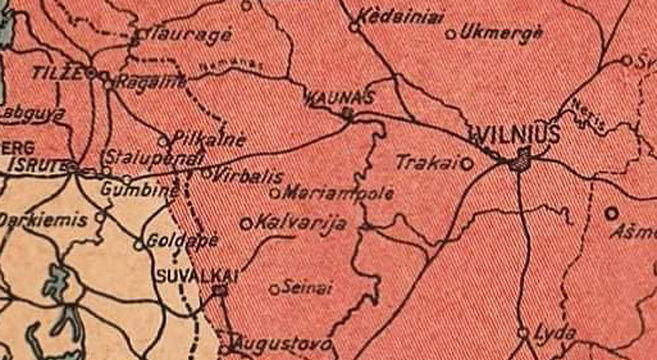Kathy
Coughlin is a retired English teacher, now enjoying life as a
student. Her introduction to international travel described
in
this essay was the first of several international trips and her
bucket list of desired destinations grows ever longer. At home, she
is a volunteer for animal causes, an avid tennis player, vegan cook,
gardener, and a reader for the blind. She and her husband have
three wonderful adult children who make them proud every day.
She
has been an amateur writer all her life. In 2005, she
self-published a whimsical poem for children about the human
propensity for collecting: Lucius
and His Collection of Unusual Things.
In 2016, she applied her love of writing to her passion for animal
welfare, and with the collaboration of an illustrator and her son,
published a children's story set entitled We're
All Animals.
She has written personal essays, a handful of articles and countless
letters to editors on animal causes, and has been "working on"
her memoir for about fifteen years.



